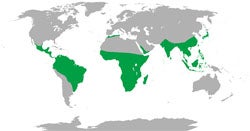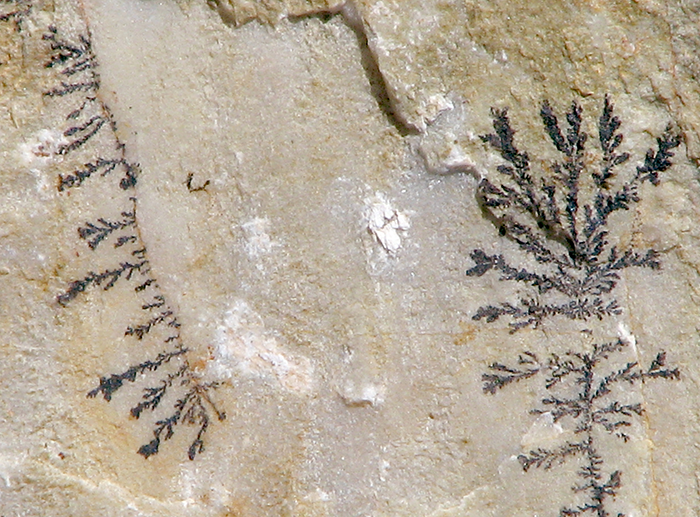
The future of primates
 Every summer, scientists and students from Arizona State University travel to Africa to study baboons and chimpanzees in the wild. Other researchers go to Asia, South America, and Madagascar. They want to learn more about the amazing primates that live here. Sadly, many wild primates are in danger of going extinct. In the future, students may not be able to study these species in their natural environments.
Every summer, scientists and students from Arizona State University travel to Africa to study baboons and chimpanzees in the wild. Other researchers go to Asia, South America, and Madagascar. They want to learn more about the amazing primates that live here. Sadly, many wild primates are in danger of going extinct. In the future, students may not be able to study these species in their natural environments.
Primates as food or pets
In some parts of the world, people kill primates for food. In most places where this happens, this is part of an illegal bushmeat trade. Other primates are captured and sold illegally as pets. This is a horrible idea! Baby primates might look cute, but they do not make good pets. These animals need to be around their own kind and their own habitat. How else will they learn how to be good social primates?
Habitat loss
Most primates around the world live in tropical rainforest environments. They rely on trees to provide food and protection from predators. Unfortunately, humans are cutting down many of these trees. Trees are used for firewood or to make into furniture and paper. People also cut down trees to make space for farms. This deforestation leaves primates without a home and without the food they need to eat to survive.

What can you do?
You don’t have to travel to South America or Africa to save the rainforest and the primates that live there. In fact, you can make a difference without ever leaving home. For example, you can reuse and recycle paper products. Paper is just one of the many things that are made from trees. If every piece of paper was recycled, we wouldn’t need to keep cutting down trees to make more.
Be Part of
Ask An Anthropologist
By volunteering, or simply sending us feedback on the site. Scientists, teachers, writers, illustrators, and translators are all important to the program. If you are interested in helping with the website we have a volunteers page to get the process started.

